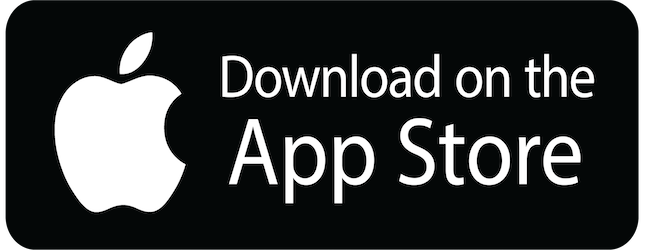What's the difference between 'clean away', 'clean up', 'clean out', etc.?
Before I explain the differences between "clean up", "clean out", etc. here's a warning: if you don't already know these phrases, it's a bad idea to learn them all at the same time. Read this blog post to find out why.
If you already know these expressions and you'd like to figure out exactly how they're different, read on!
Spaces and messes
When you talk about cleaning, you're talking about two different things:
- the space that you're cleaning
- the mess that's in that space
You can use each form of "clean" to talk about either cleaning the space:
We need to clean up the living room.
Or cleaning the mess that's there:
We need to clean up those dirty dishes.
The different forms of 'clean'
You "clean out" the inside of a space that has a large mess in it:
- clean out the refridgerator
- clean out your car
- clean out your desk
You "clean off" a flat surface:
- clean off the counter
- clean off the whiteboard
- clean off your windshield
You "clean up" a room or a larger area:
- clean up your bedroom
- clean up the city
- clean up after the concert
- clean up your hard drive
"Clean away" is different from the others because you only use it to talk about the messy things that you're cleaning, not the space that those things are in:
- clean away the dishes
- clean away the mud
- clean away the broken branches
'Clean' by itself
What about just using the word "clean" by itself?
It usually means to clean the most obvious part of something. For example:
- clean the toilet
This means to clean the inside of the toilet bowl.
- clean the floor
This means to clean the surface of the floor.
If using the word "clean" by itself would lead to any confusion, use one of the other phrases instead. For example, instead of saying "clean the cabinets", say:
Can you clean out the cabinets?
Or:
Print this ArticleCan you clean off the cabinets?





